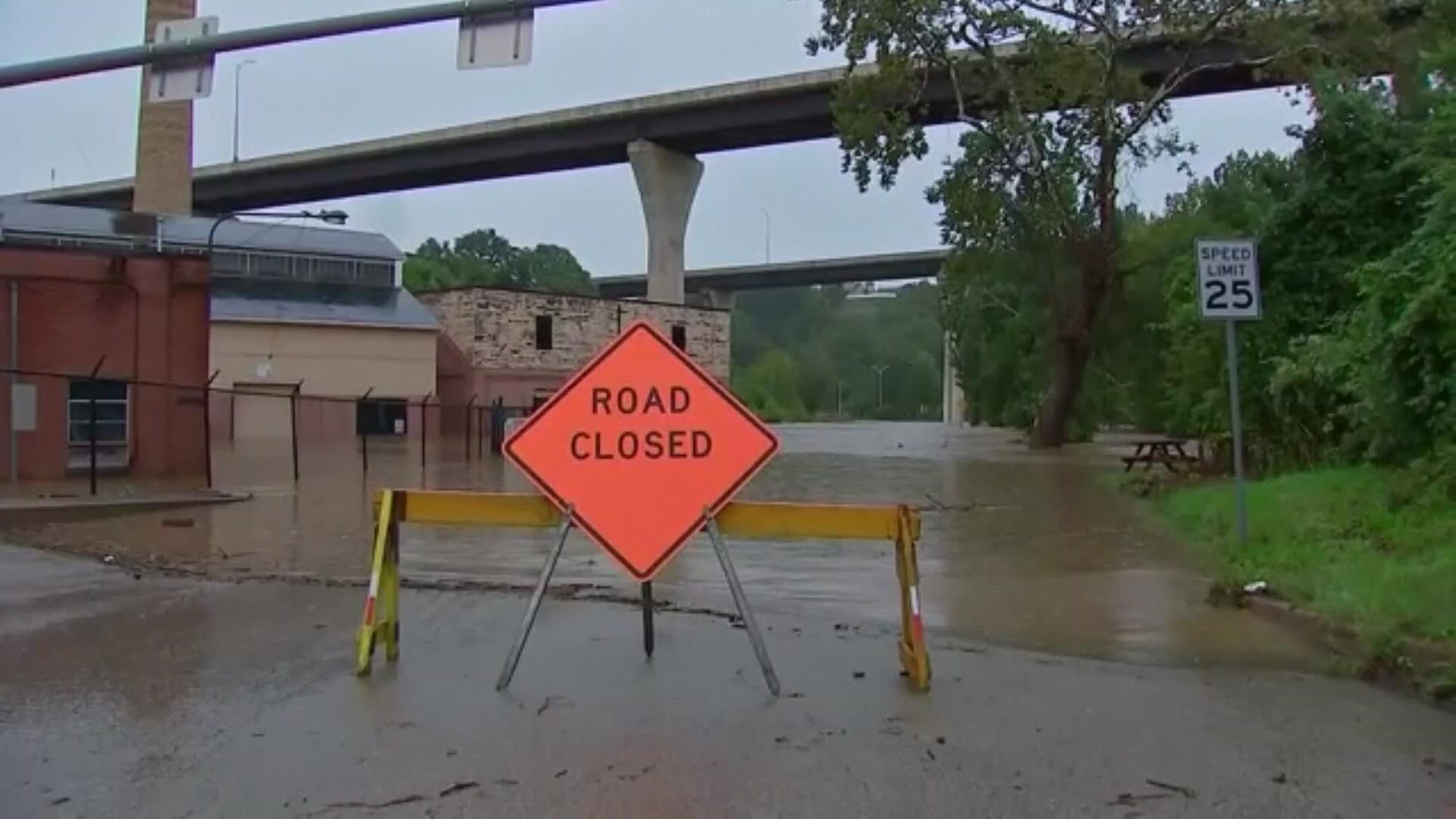MAINE, USA — Since the year began, weather headlines have made the news nonstop. Here are some snippets that you may remember hearing about:
- Wildfires in California
- Record heat in Oregon and Washington
- An active Atlantic hurricane season
- Multiple tornado outbreaks in the northeast
- A very wet summer in Maine
Needless to say, 2021 has been a banner year for extreme weather.
The number of big weather disasters has been rising on top of changes in day-to-day forecasts.
Andrew Pershing, Director of Climate Science with Climate Central in Princeton, New Jersey, has been watching the weather closely.
“This summer, we’re dealing with multiple climate-related events across the US,” said Pershing. “If you step back, the world that we’re living in this summer is very consistent with what the climate models were showing 30 years ago.”
One example is the persistent drought across the western United States. This, of course, has other implications.
There's an increased risk for wildfires. The ground heats more efficiently, allowing temperatures to climb more easily during heat waves. People are running out of water to drink.
These are the stories that made most of the national headlines, partially due to the longevity of these events.
The east coast isn’t spared, though.
Pershing goes on to say, “We’ve had persistent heat in the northeast periodically this summer with another bout on the way soon. We’ve had very wet conditions across much of the northeast.”
You've heard us (your favorite NEWS CENTER Maine meteorologists) say this countless times ... an extreme weather event is not necessarily evidence of climate change. An increasing frequency of events, however, is.
Maine’s state climatologist Dr. Sean Birkel has been picking out the climate trends from Maine’s weather data.
“When we consider the changing weather, we have to put that in the context of the long-term trends," explained Birkel.
“Over the past century, Maine’s climate has warmed by about 3°F and there’s also been an observed increase in the annual precipitation”
This, of course, means that average temperatures and average precip amounts are on the rise. These trends are well represented on seasonal scales, too.
“Winters are shorter and milder than they used to be. Summers are likewise, in terms of the summertime heat we experience, are a little longer.”
These seasonal changes have impacts on the way Mainers live their lives. Impacts could be something as simple as fewer ice fishing days or something more significant like coastal flooding for every tide cycle.
If you take a look at Maine's recent weather, the extreme events are likely being influenced by the changes in the earth's climate.
“Something that has become extremely important is extreme weather events. Extreme precipitation events that cause localized flooding, damage to civil infrastructure, and crops have ecological implications. That’s been observed here in Maine, across the northeast, and elsewhere across the northern hemisphere as it related to the broader warming of earth's climate,” Birkel explained.
Some of these impacts have already been felt, but there are certainly more on the way as the climate keeps changing.

